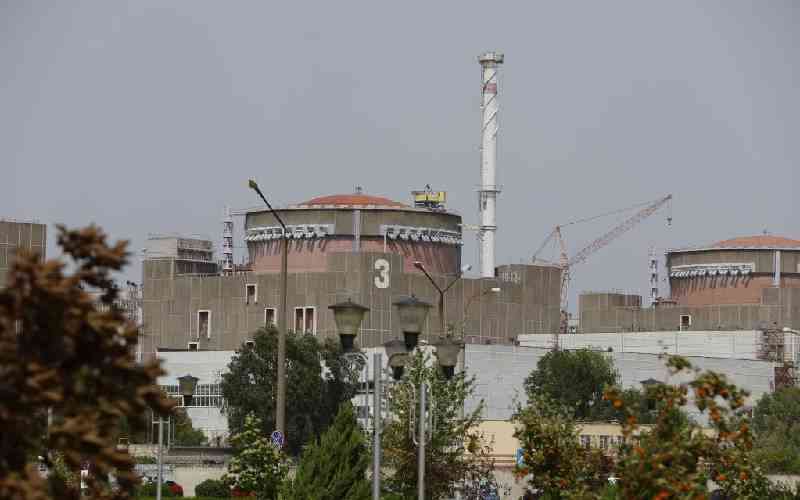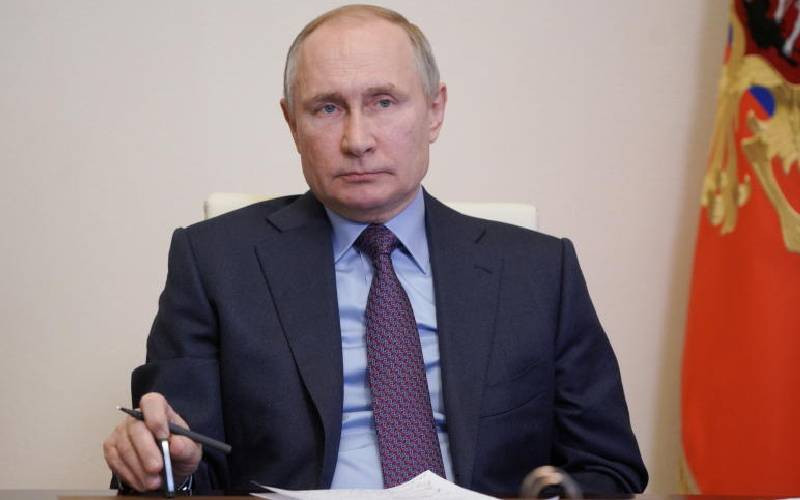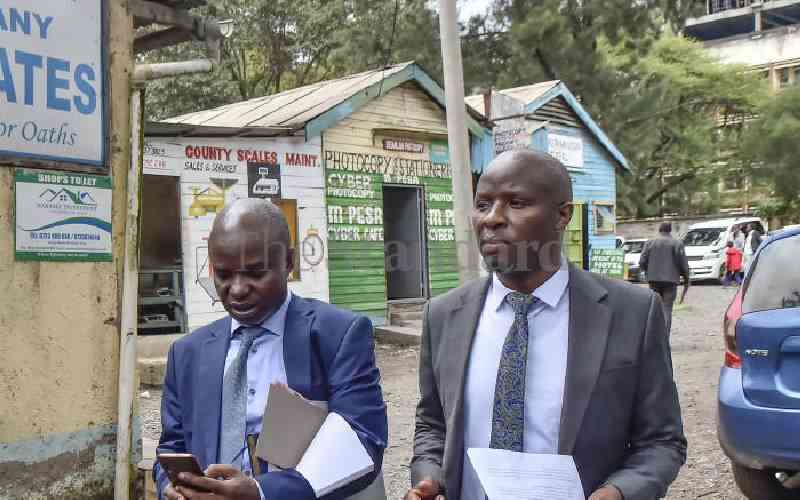 |
|
Kenya Revenue Authority Commissioner General John Njiraini. |
NAIROBI, KENYA: The Government has re-introduced withholding Value Added Tax (VAT) on its suppliers in a move aimed at shoring up its revenue collections.
But tax experts are warning that the policy reversal would lead to accumulation of tax refunds that already have plunged many businesses into cash-flow problems.
The Government abolished the Withholding VAT system in July 2011 where government ministries, departments, parastatals and agencies were used as tax agents.
But an amendment to the Finance Act 2013 now provides the agents should withhold six per cent of taxable supplies at the time of paying for the supplies and remit the same to the Commissioner of Domestic Taxes immediately.
This new tax measure took effect from September 19, 2014.
The Kenya Revenue Authority (KRA), however, explained that the withholding tax should not apply to taxable supplies made for official aid-funded projects.
Under the new arrangement, withholding agents would be required to submit monthly withholding VAT returns to the Commissioner of Domestic Taxes not later than the 20th day of the month, after which the tax is withheld.
“Withholding of tax by the agents shall not relieve the supplier of the taxable supplies from the obligation to account for tax in accordance with the VAT Act 2013,” said KRA in a media advert.
According to Nikhil Hira, the Head of Tax Practice at Deloitte and Touche East Africa, the re-introduction of withholding VAT would have an impact of growing the tax refunds, currently estimated at Sh30 billion and reckons that the Government should consider alternative enforcement measures to avoid a repeat of the huge backlog.
“I don’t think it is the best way. They need better enforcement. It will definitely have an impact on refunds,” Hira told The Standard yesterday.
“It is being reintroduced but with only six per cent of the 16 per cent VAT charge to be withheld. It was first introduced as a way of ensuring suppliers do account for VAT. In fact all this does not give KRA short-term gain by collecting tax twice and forgetting that it has to be refunded. This is part of the reason VAT refunds increased so much,” he explained.
National Treasury Cabinet Secretary Henry Rotich said the Government would start settling tax refund arrears in January 2015 starting with payment of the first instalment amounting to Sh10 billion.
The remaining balance would be settled within the next three months (by March 2015).
But the taxman is also considering a proposal to repackage the VAT arrears into a debt instrument such as a bond that can earn interest and trade in the market.
KRA Commissioner General John Njiraini said if approved, the proposed securitisation of the VAT refunds could prove a feasible option of addressing the persistent problem of unpaid refunds.
Stay informed. Subscribe to our newsletter
“We need a framework to scrutinise debts owed by the government including VAT refunds. We need a debt instrument such as a bond that can earn you interest,” explained Njiraini.
 The Standard Group Plc is a
multi-media organization with investments in media platforms spanning newspaper
print operations, television, radio broadcasting, digital and online services. The
Standard Group is recognized as a leading multi-media house in Kenya with a key
influence in matters of national and international interest.
The Standard Group Plc is a
multi-media organization with investments in media platforms spanning newspaper
print operations, television, radio broadcasting, digital and online services. The
Standard Group is recognized as a leading multi-media house in Kenya with a key
influence in matters of national and international interest.
 The Standard Group Plc is a
multi-media organization with investments in media platforms spanning newspaper
print operations, television, radio broadcasting, digital and online services. The
Standard Group is recognized as a leading multi-media house in Kenya with a key
influence in matters of national and international interest.
The Standard Group Plc is a
multi-media organization with investments in media platforms spanning newspaper
print operations, television, radio broadcasting, digital and online services. The
Standard Group is recognized as a leading multi-media house in Kenya with a key
influence in matters of national and international interest.









